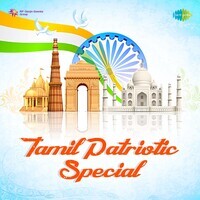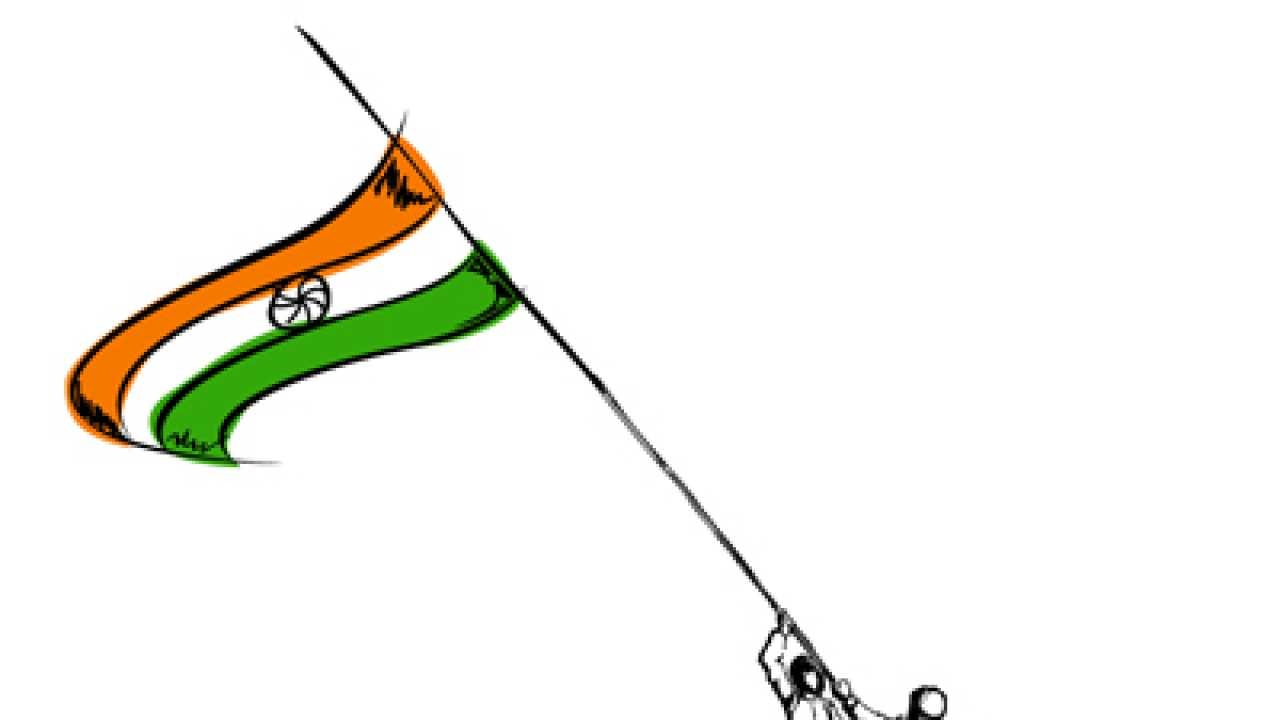
In his epic poem shikwa, like Samuel Huntington’s Clash of Civilisations, he frames the world exclusively in terms of us-versus-them and the superiority of one civilization over all others. Iqbal’s politics is routed through his soul-stirring poetry. By this he was not referring to creating a new nation from unpartitioned India but referring to existing muslim nations who had abandoned the islamic way of life.Īnybody who understands the personality of Iqbal through his poetry will never accept that he would called for partition of India or a separate nation for muslims.space and times constraint is asking me to stop here. The poetry of Iqbal was more based on development of a muslim more on the lines of teaching of Islam and in that there he didn’t want a young muslim to become a mullah.Understanding his poetry needs a well versed person in the religion of Islam.So a respected person like Mr Anil can not comprehend his poetry in right perspective.Regarding two nation theory,what he had said that there should have a been a real muslim nation ,practicing and implementing the rules of Islam in right spirit so that world at large and other muslims nations could emulate. Subscribe to our channels on YouTube & Telegramįirstly let me correct a notion repeatedly quoted that it was Allama Iqbal who gave the idea of two nation theory.Please research and research this aspect. His birthday, Iqbal Day, is observed as a public holiday in Pakistan. Upon the formation of Pakistan, he was honoured as its national poet, as well as earning the titles ‘ Mufakkir-e-Pakistan’ (thinker of Pakistan), Hakeem-ul-Ummat ( sage of the Ummah), and Shayar-e-Mashriq (poet of the east). His tomb is located near the Badshahi Mosque and Lahore Fort. Iqbal died after an illness in Lahore on 21 April 1938. thesis at the University of Munich turned into the treatise The Development of Metaphysics in Persia, while a collection of his lectures was published as The Reconstruction of Religious Thought in Islam. Two English language books are also credited to him - his Ph.D.

One of his most famous poems is ‘ Khudi ko kar buland itna’, which is not only oft-quoted in the subcontinent, but has also been set to music by many different artistes. He was a poet, philosopher, barrister and academic scholar, who was conferred the title ‘Allama’, an honorific given to learned, knowledgeable men.Īpart from the two famous taranas, Iqbal wrote a lot of poetry in Persian and Urdu, with some of the most prominent works being Asraar-e-Khudi, Rumooz-e-Bekhudi, Bang-e-Dara, Bal-e-Jibreel, Payaam-e-Mashriq, Zaboor-e-Ajm, Javed Naama, Zarb-e-Kaleem, and Armughaan-e-Hijaz. Politics was far from Iqbal’s primary occupation.


Iqbal suggested that there could be no peace in the country unless Muslims got their own, separate nation in the north-western part of undivided India. This was to become the basis for the two-nation theory that eventually led to the creation of Pakistan after Independence.Īlso read: Remembering CV Raman, great physicist and Nobel Laureate at 42 Muslim hain hum, watan hai saara jahaan humara.”īy the time he delivered the Allahabad address as president of the Muslim League in 1930, Iqbal had a fear, shared by many Muslims, that India’s Hindu-majority population would crowd out Muslim heritage, culture and political influence. The poem, written in the same metre and rhyme scheme as ‘ Saare jahan se achha’, opened with the lines: In 1910, he wrote the ‘ Tarana-e-Milli’ (Song of the community).

However, Iqbal’s philosophy soon transformed from a secular, Hindustan-first one to a religion-first one. It quickly became an anthem of opposition against the British Raj. He wrote ‘ Saare jahan se achha’ - titled ‘ Tarana-e-Hind’ - in 1904.


 0 kommentar(er)
0 kommentar(er)
